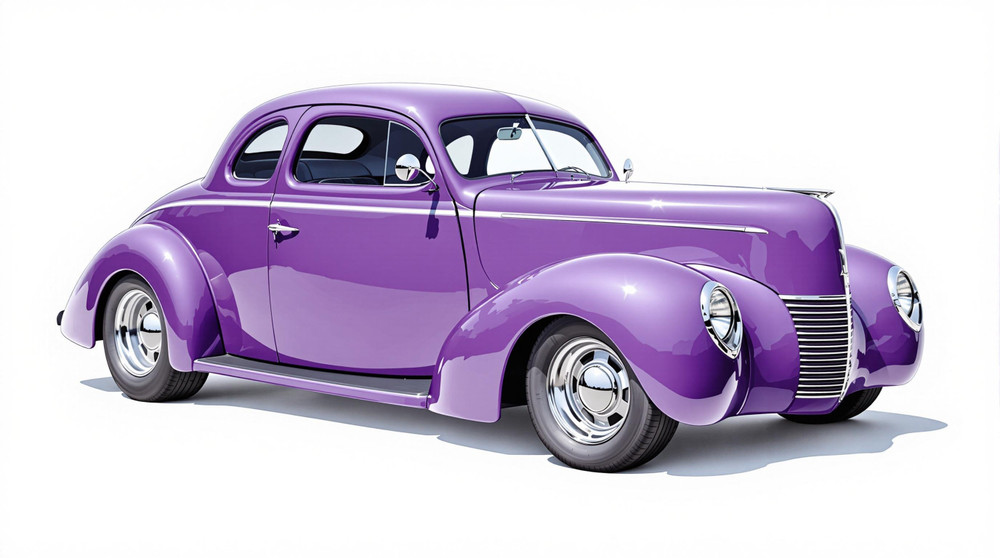Image of 1939 Willys Speedway, Note: These illustrations use artistic license and may differ from actual historical models.
Performance Metrics
Fundamental Metrics
Emotional Appeal
MMP Rating
| Engine Specifications | |
|---|---|
| Engine: | L-head inline 4 |
| Displacement: | 134 cu in (2.2 L) |
| Horsepower: | Estimated 48-63 hp |
| Torque: | 100 lb-ft |
| Compression Ratio: | Estimated 6.48:1 |
| Ignition System: | Battery and coil |
| Cooling System: | Water-cooled |
| Performance Specifications | |
| 0-60 Time: | Information not available |
| 1/4 Mile Time: | Information not available |
| Top Speed: | 65 mph |
| Transmission and Drive | |
| Drive Type: | Rear-wheel drive |
| Transmission Type: | 3-speed manual |
| Fuel and Efficiency | |
| Fuel System Type: | Carburetor |
| MPG: | Information not available |
| Dimensions and Brakes | |
| Brakes: | Hydraulic drum brakes |
| Wheelbase: | 102.75 in |
| Weight: | Estimated 2,420 lbs |
Note: Specifications for classic cars are given to the best of our ability, considering the limited and variant data available.
Unveiling the 1939 Willys Speedway: A Forgotten Marvel
In an era where automotive innovation was as competitive as the races the cars participated in, the 1939 Willys Speedway emerged as a testament to ingenuity and style. Birthed by Willys-Overland Motors, a company that would later gain fame for its wartime Jeep, this vehicle was a diamond in the rough during a period of economic recovery and technological advancement. What sets this car apart is not just its rarity but also its unique contribution to the pre-war American automotive landscape.
Design and Innovation: A Glimpse into 1939
The 1939 Willys Speedway's exterior was a harmonious blend of art deco flair and functional design. Its sleek lines and aerodynamic shape were a nod to the forward-thinking aesthetics of the time. Inside, the Speedway welcomed drivers with a no-frills yet comfortable cabin, featuring durable materials poised to stand the test of time. While not replete with gadgets, it boasted technological features that were advanced for its era, such as an efficient engine design that promised respectable fuel economy.
Color options for the Speedway were reflective of the era's tastes, with deep blues and rich maroons being popular choices among discerning buyers. The body styles varied, but it was the coupe that captured hearts with its balanced proportions and sporty stance.
Historical Significance: More Than Just Another Car
The 1939 Willys Speedway may not have been the most famous car of its time, but it certainly made an impact on automotive design. Its streamlined silhouette influenced future models and set a precedent for efficiency in car design. The Speedway stood out from its contemporaries by offering an attractive package of style and practicality at a time when America was looking towards a brighter, more prosperous future.
Performance and Handling: The Heartbeat of an Era
Performance-wise, the Willys Speedway was no slouch. Though exact figures are scarce, it delivered commendable top speeds and acceleration for its class. On various driving conditions, from bumpy rural roads to newly paved highways, it handled with grace—thanks in part to its well-tuned suspension system. Drivers often remarked on the pleasant hum of its engine and how it translated into an engaging driving experience.
Ownership Experience: Versatility on Wheels
The 1939 Willys Speedway served multiple roles—from a reliable daily driver to a weekend showpiece or even a competitive racer in local events. Its maintenance struck a balance between simplicity and necessity, making it relatively easy for owners to keep it running smoothly. While not immune to wear and tear, parts were generally accessible for repairs.
Fun Facts: The Speedway's Unique Legacy
Despite its obscurity in modern times, the Speedway has some interesting trivia attached to it. For instance, certain models were rumored to have been owned by Hollywood's elite during the golden age of cinema. Although it didn't break any speed records, it held its own in sales within its niche market.
Collector's Information: A Rare Gem in Automotive History
Today, finding a 1939 Willys Speedway can be akin to unearthing treasure. With production numbers believed to be low due to the impending war and company focus shifting towards military vehicles, each surviving unit is precious. As for value range, pristine examples could fetch significant sums from dedicated collectors—potentially ranging from mid-five figures up into six figures depending on provenance and condition.
Conclusion: Celebrating the Understated Elegance of the 1939 Willys Speedway
The 1939 Willys Speedway is more than just a footnote in automotive history; it's a symbol of resilience and innovation during an era of transition. Its blend of style, performance, and practicality continues to resonate with enthusiasts who appreciate the understated elegance of this pre-war classic. As we look back on this marvel of American engineering, we're reminded that greatness often comes in packages that defy expectations—and sometimes slip through the cracks of history only to be rediscovered by those who seek them.
1939 Willys Speedway Catalog of Parts
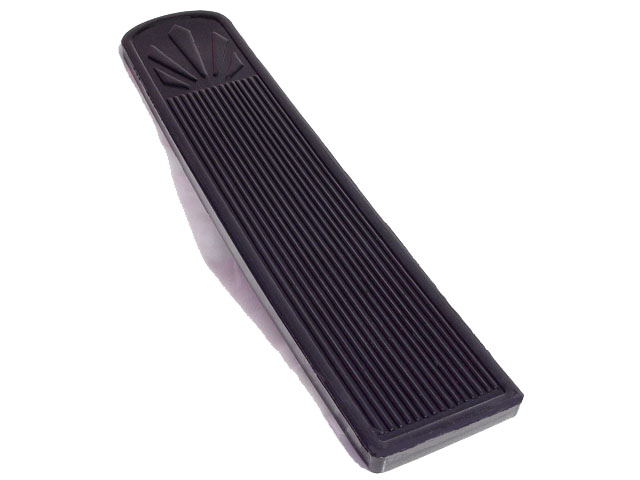 1939 Willys Speedway Accelerator Pad. 2" Wide X 9-3/8" Long. Each-AP 35Accelerator Pad. 2" Wide X 9-3/8" Long. Each
1939 Willys Speedway Accelerator Pad. 2" Wide X 9-3/8" Long. Each-AP 35Accelerator Pad. 2" Wide X 9-3/8" Long. Each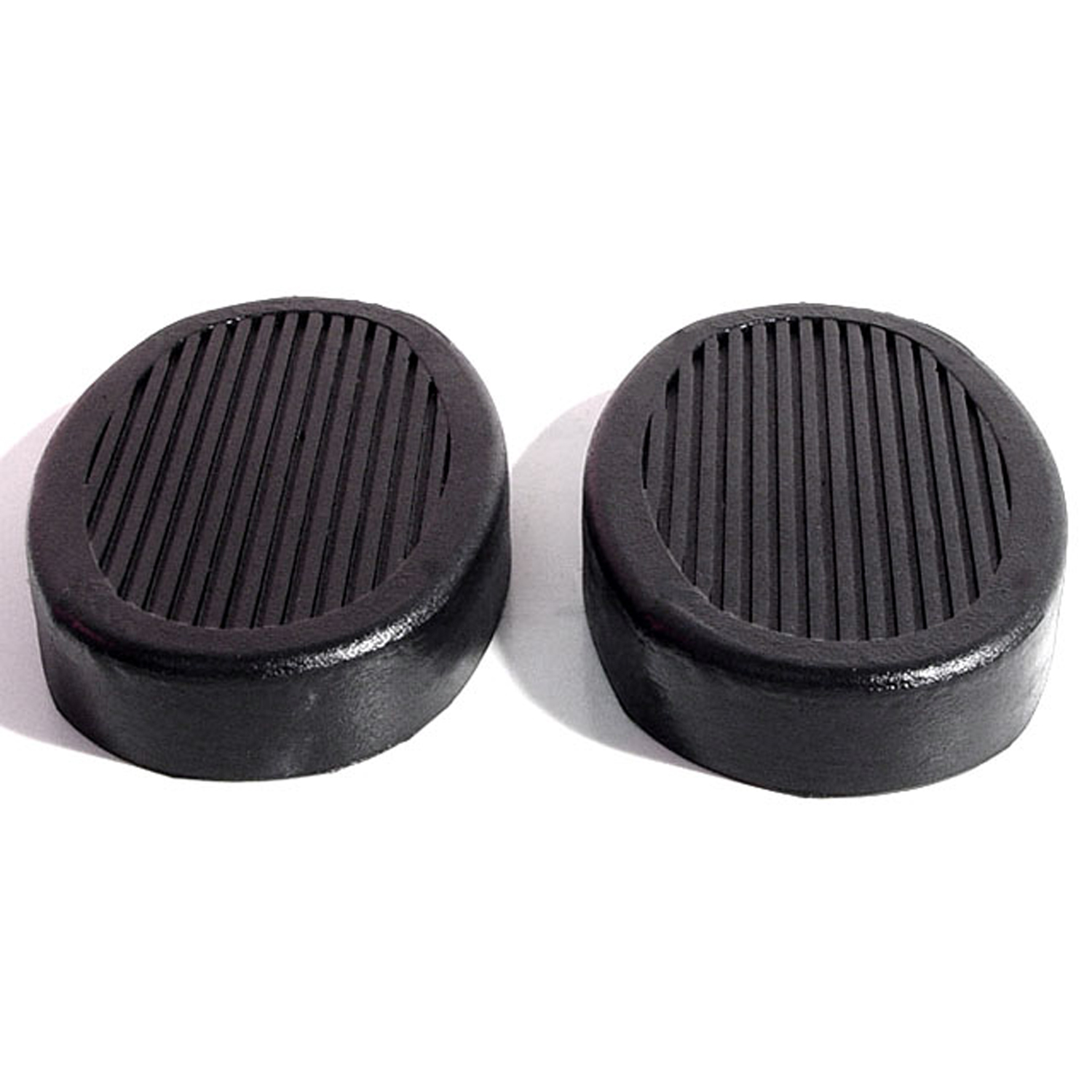 1939 Willys Speedway Clutch and Brake Pedal Pads. Exact reproduction-CB 96Clutch and Brake Pedal Pads. Exact reproduction. 2-3/16" wide X 3-5/16" long. Pair
1939 Willys Speedway Clutch and Brake Pedal Pads. Exact reproduction-CB 96Clutch and Brake Pedal Pads. Exact reproduction. 2-3/16" wide X 3-5/16" long. Pair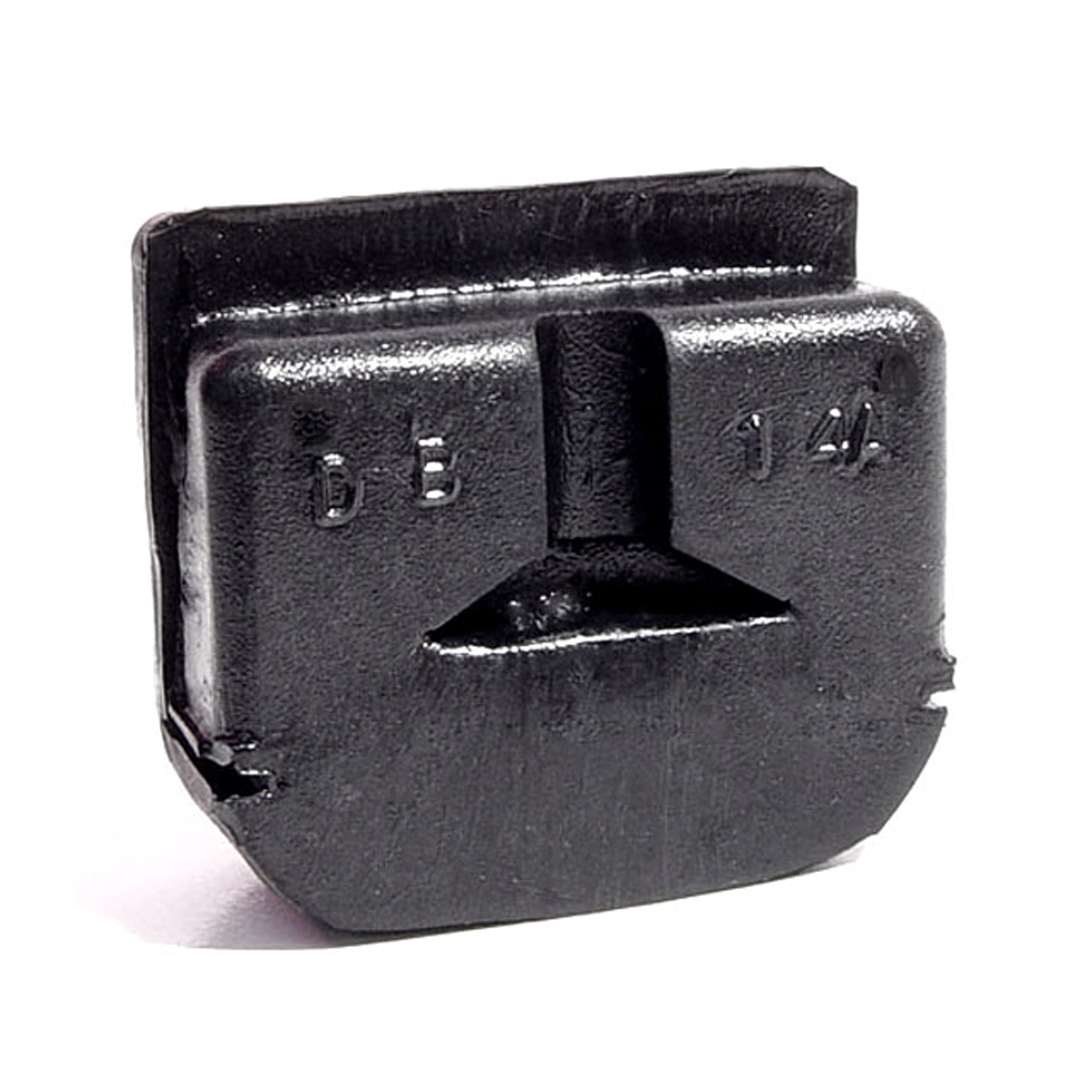 1939 Willys Speedway Door Bumper. Exact reproduction-DB 14-ADoor Bumper. Exact reproduction. 1-3/16" high X 1-9/16" wide X 9/16" thick. Each
1939 Willys Speedway Door Bumper. Exact reproduction-DB 14-ADoor Bumper. Exact reproduction. 1-3/16" high X 1-9/16" wide X 9/16" thick. Each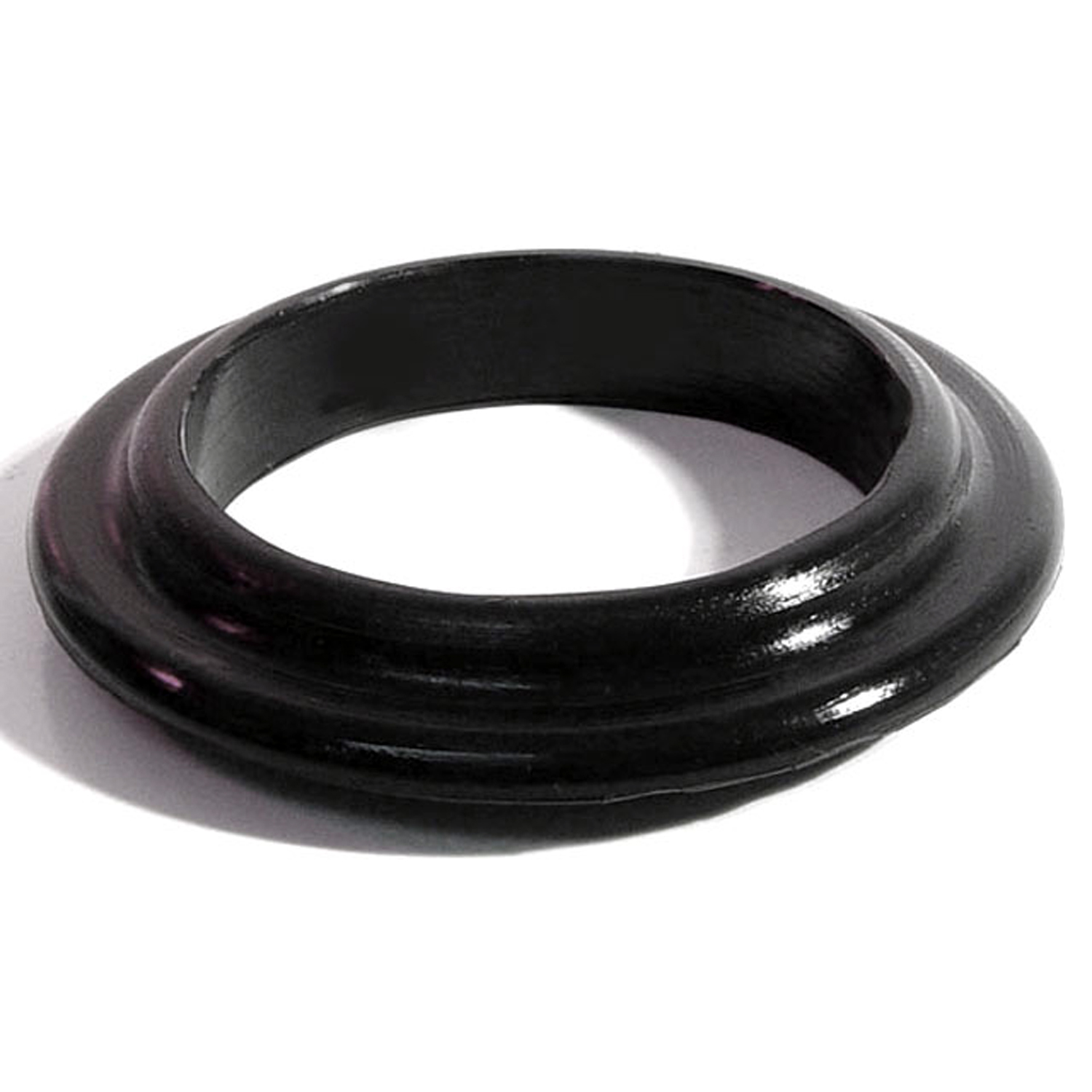 1939 Willys Speedway Gas Filler Grommet. 2-1/4" I.D., 3-1/4" O.D. Each-GF 29Gas Filler Grommet. 2-1/4" I.D., 3-1/4" O.D. Each
1939 Willys Speedway Gas Filler Grommet. 2-1/4" I.D., 3-1/4" O.D. Each-GF 29Gas Filler Grommet. 2-1/4" I.D., 3-1/4" O.D. Each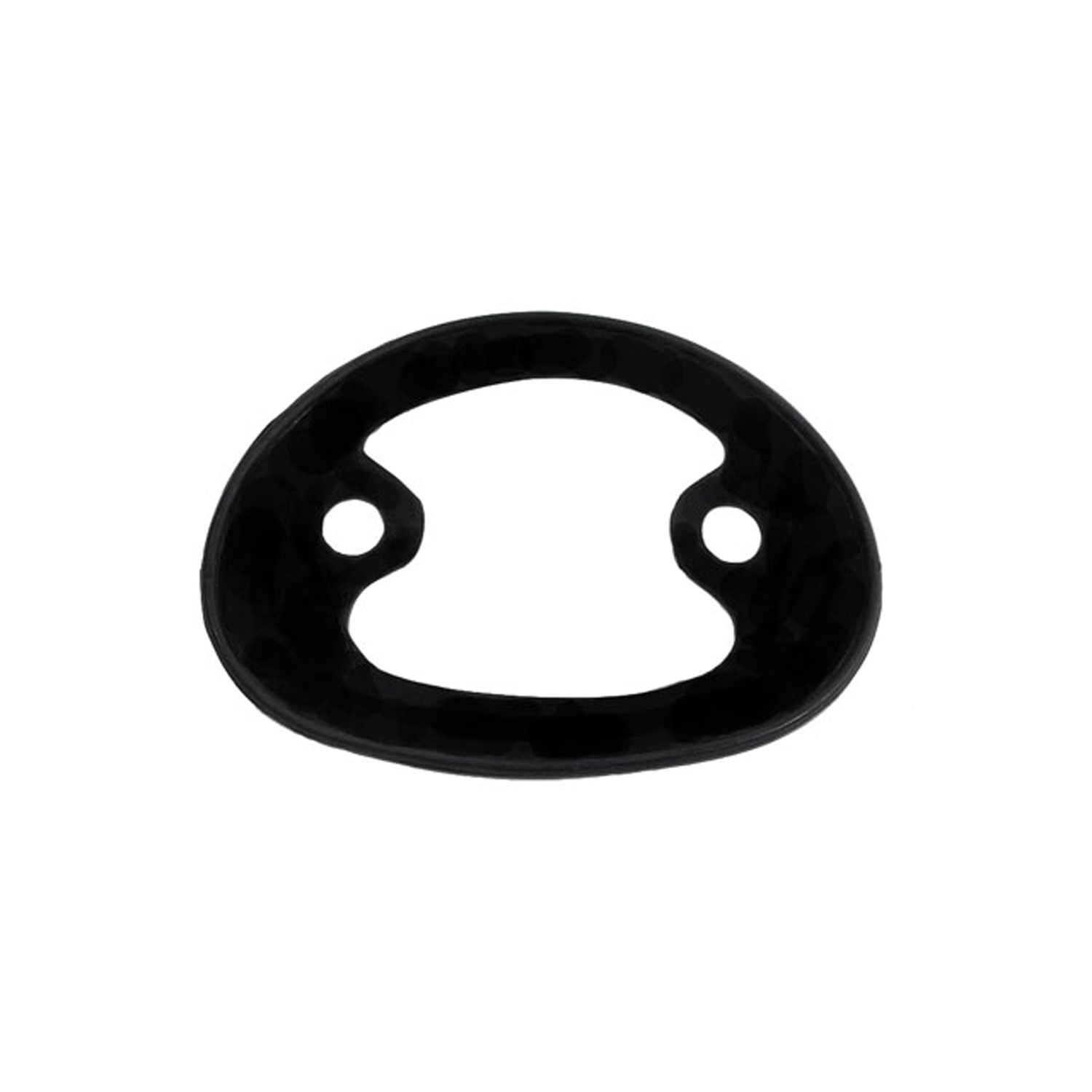 1939 Willys Speedway License Light Pad. 5-1/2" wide X 4-1/8" long. Each-MP 1303-BLicense Light Pad. 5-1/2" wide X 4-1/8" long. Each
1939 Willys Speedway License Light Pad. 5-1/2" wide X 4-1/8" long. Each-MP 1303-BLicense Light Pad. 5-1/2" wide X 4-1/8" long. Each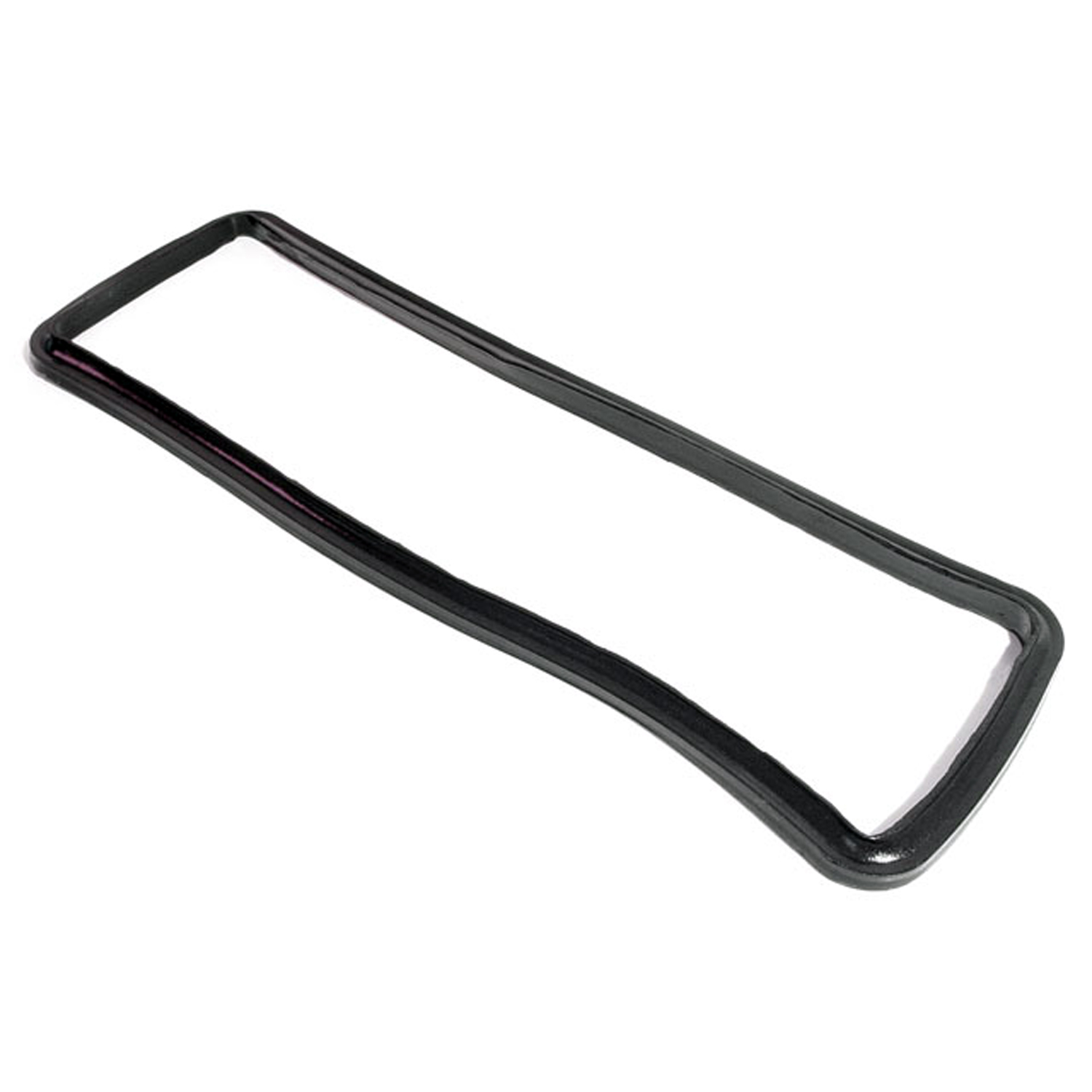 1939 Willys Speedway Cowl Vent Seal. Made of molded sponge-RP 100-GCowl Vent Seal. Made of molded sponge. 3-3/4" wide X 11-1/4" long. Each
1939 Willys Speedway Cowl Vent Seal. Made of molded sponge-RP 100-GCowl Vent Seal. Made of molded sponge. 3-3/4" wide X 11-1/4" long. Each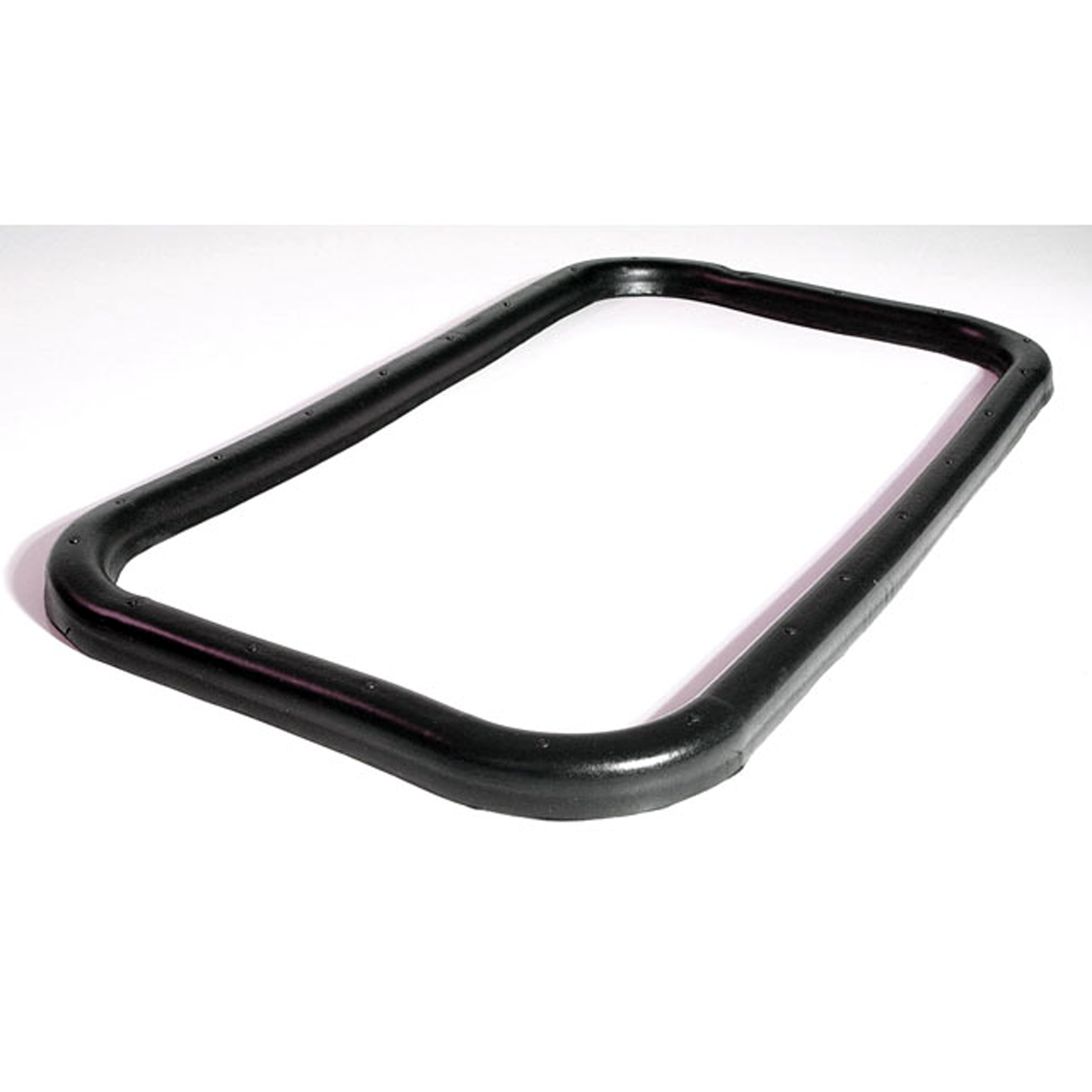 1939 Willys Speedway Hood to Cowl Vent Seal. Made of molded sponge-RP 100-HHood to Cowl Vent Seal. Made of molded sponge. 7-5/8" wide at side X 13-3/8" long. Each
1939 Willys Speedway Hood to Cowl Vent Seal. Made of molded sponge-RP 100-HHood to Cowl Vent Seal. Made of molded sponge. 7-5/8" wide at side X 13-3/8" long. EachWhy Choose Metro?
For over 100 years, Metro Moulded Parts has been the pinnacle of quality in classic car restoration parts. Our commitment to precision and authenticity in every component ensures a perfect fit and an OEM-level appearance.
- Expert Craftsmanship & Quality: Each part is a testament to our dedication to reliability and perfection, crafted from original designs and thoroughly tested.
- Advanced Technology: We use cutting-edge techniques to create flawless, long-lasting parts that surpass others in performance.
- SuperSoft Sponge – The Ultimate Door Seal: Not only are our door seals 30% softer than competitors', but they're also guaranteed to never leak. They effectively reduce wind and road noise, enhancing your classic car's comfort and driving experience.
- Proudly American: Our parts are a product of American craftsmanship, made in the USA with a spirit of excellence and heritage.
- Unrivaled Warranty: We back our products with a 30-year industry-leading warranty, a testament to our confidence in their quality.
Join us in preserving the legacy of classic cars with parts that are crafted for perfection, not just made.

